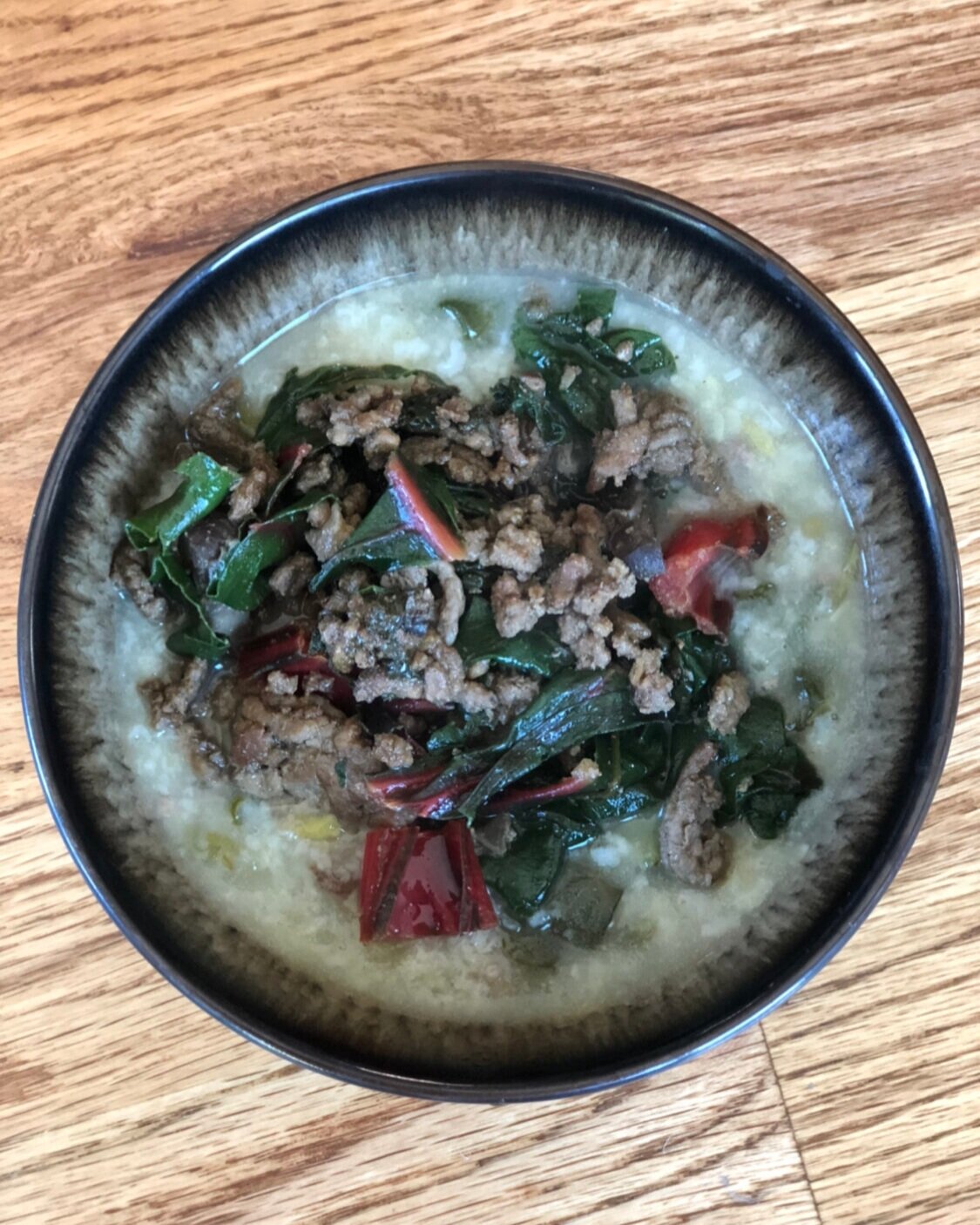by Setareh Moafi, L.Ac., Ph.D.
Growing up in a Persian family, the warm aroma of cardamom often filled our kitchen—whether drifting from my aunt’s incredible handmade pastries, steeping in the black tea served at my grandmother’s home, or mingling with other spices in my mother’s cooking. Even now, the fragrance of this exotic spice instantly transports me back and fills my heart with nostalgia.
Today, my passion and curiosity for food and nutrition inspire me to explore the properties and benefits of nearly everything I eat and enjoy. Lately, one of my favorite pleasures has been adding cardamom to my baking—a love I discovered only during Covid—as well as to our morning coffee and tea.
Besides its incredible fragrance and versatile uses, cardamom is a spice with a myriad of health benefits.
Spices in Chinese Medicine
According to Chinese medical nutrition, different types of foods direct energy, or Qi, in various directions in the body.
Spices have an ascending quality, which makes them excellent for lifting your mood (you can learn all about spices in episode #4 of The Natural Healing Podcast.)
In general, spices improve digestion, which is why they’re used so often in cooking and baking.
The aromatic nature of spices in general makes them powerful agents to help open the portals, otherwise known as your sensory orifices, so that you can more clearly see what you need to let go of in your mind.
Just remember that since spices can be uplifting, they’re best enjoyed during the day to avoid interfering with your sleep.
With a variety of mental and emotional benefits, cardamom is a particularly wonderful spice to have with breakfast to perk you up and open your consciousness, making it an excellent complement to your morning tea, coffee, or even in a cup of hot water.
Below are five powerful health benefits that may inspire you to make cardamom a part of your morning routine.
5 Health Benefits of Cardamom
Improves Heart Health
From a Chinese Medicine point of view, cardamom’s dilating effect as a spice makes it a powerful agent to increase the pumping action of the Heart and Lungs, which circulate blood and oxygen throughout the body. In Ayurvedic medicine, cardamom is used to reduce the negative effects of high fat foods. From that point of view, cardamom can drain dampness, which may be why this spice is known to reduce belly fat and aid weight loss.
In an animal study published in the International Journal of Experimental Biology, antioxidant enzymes from cardamom may have been found to protect the heart from oxidation and control cholesterol levels despite a high-fat diet. [1]
In another study published in the International Journal of Molecular Sciences, male albino rats experienced significant improvement in their cardiac and left ventricular functions when administered with 100-200 mg of cardamom extract, in effect helping to regulate blood pressure in these rats. [2]
May Regulate Blood Sugar
Laboratory studies have found cardamom helpful to regulated blood glucose and insulin levels through inhibition of digestive enzymes resulting in a reduction of starch and protein digestion. [3]
Can Help Improve Oral Health
Research has verified the presence of antimicrobial properties in cardamom, which may help fight bacteria linked to cavities.
Cardamom pods and seeds may also be chewed as a breath freshener, and its essential oil is a popular ingredient in chewing gum.
May Improve Liver Health
Research suggests that cardamom extracts may show hepatoprotective properties (protect the liver) in people with elevated cholesterol levels, triglycerides, and liver inflammation. These extracts may also have the potential to lower the risk of liver diseases. [4]
Lifts Mood and May Reduce Depression
In aromatherapy, cardamom is used for its anti-depressant properties.
Cardamom essential oil is used in Chinese medical aromatherapy to transform dampness and harmonize the Spleen and Stomach. When there’s a disharmony between these two Earth element organs, there’s a greater propensity for digestive issues as well as worry, which is the imbalanced emotion related to the Earth Element.
Aside from its wealth of health benefits, cardamom is a beautifully aromatic and uplifting spice that brings a lovely fragrance to your cooking and baking. Whether you diffuse the oil or add the spice to a food or beverage, cardamom can be a wonderful addition to your morning ritual.
Have you tried adding spices to your morning routine? Let us know in the comments below.
The Yin & Yang of Nutrition is Now Open
Join Dr. Setareh Moafi LIVE for a one-of-a-kind exploration of Daoist food energetics and movement practices.
Early bird pricing available for a limited time.
Setareh Moafi, Ph.D., L.Ac. is Co-Owner and Director of A Center for Natural Healing in Santa Clara, California, a health and wellness clinic that specializes in Classical Chinese Medicine and Traditional Japanese Acupuncture. Dr. Moafi offers a one-of-a-kind form of empowerment coaching, clinical services, and transformational workshops and online courses that blend the ancient practices of Classical Chinese Medicine and Yoga. More information at www.setarehmoafi.com.
















